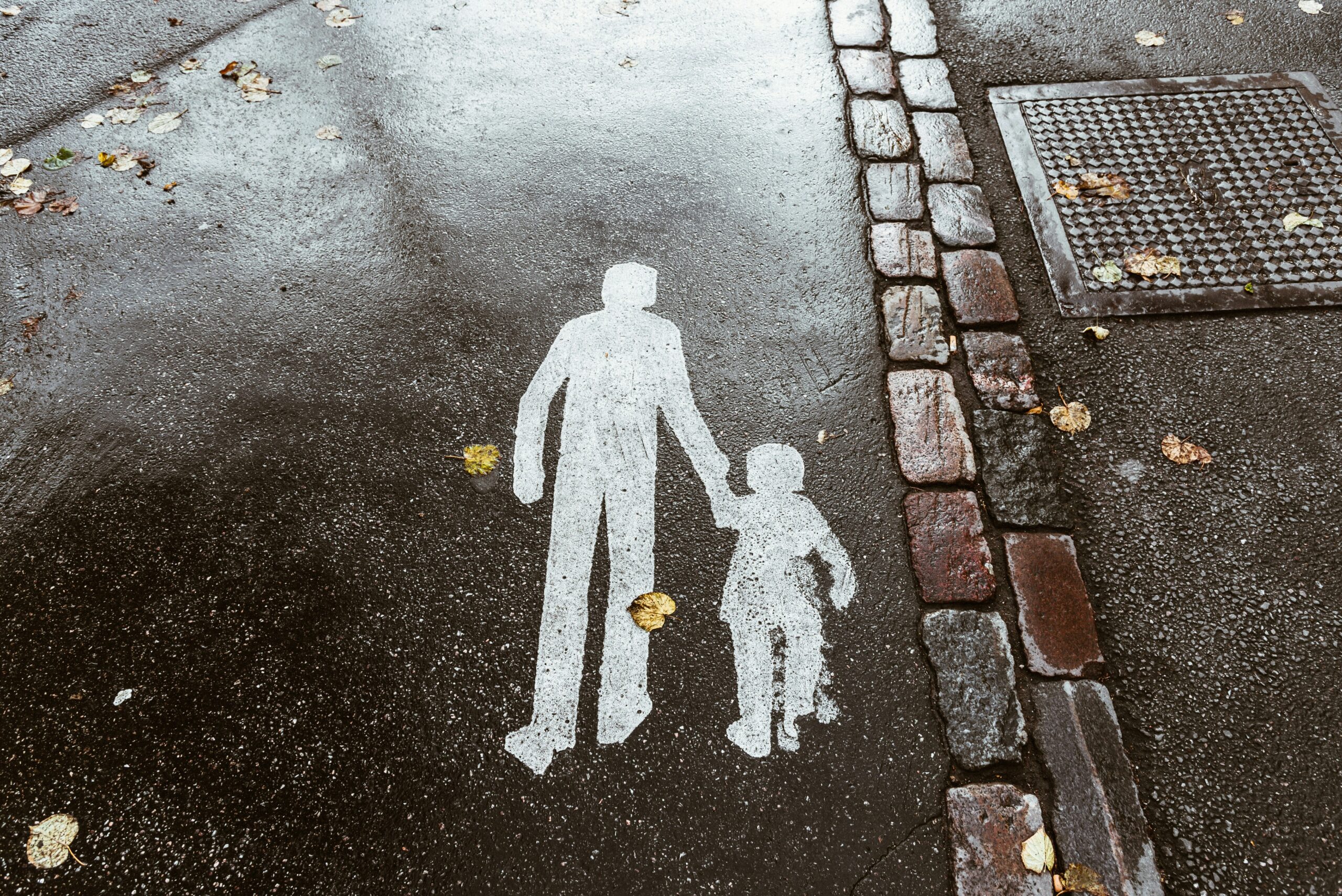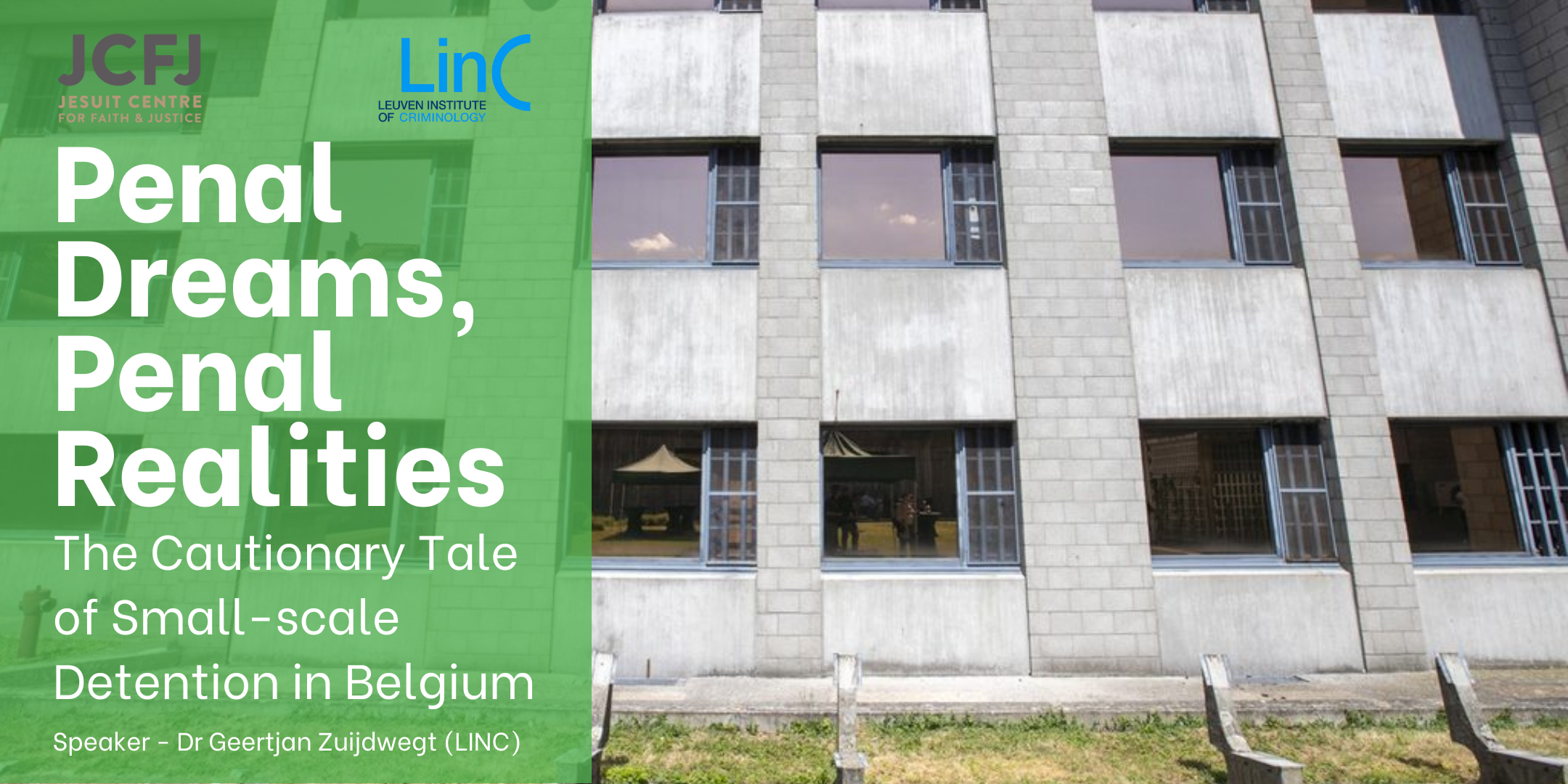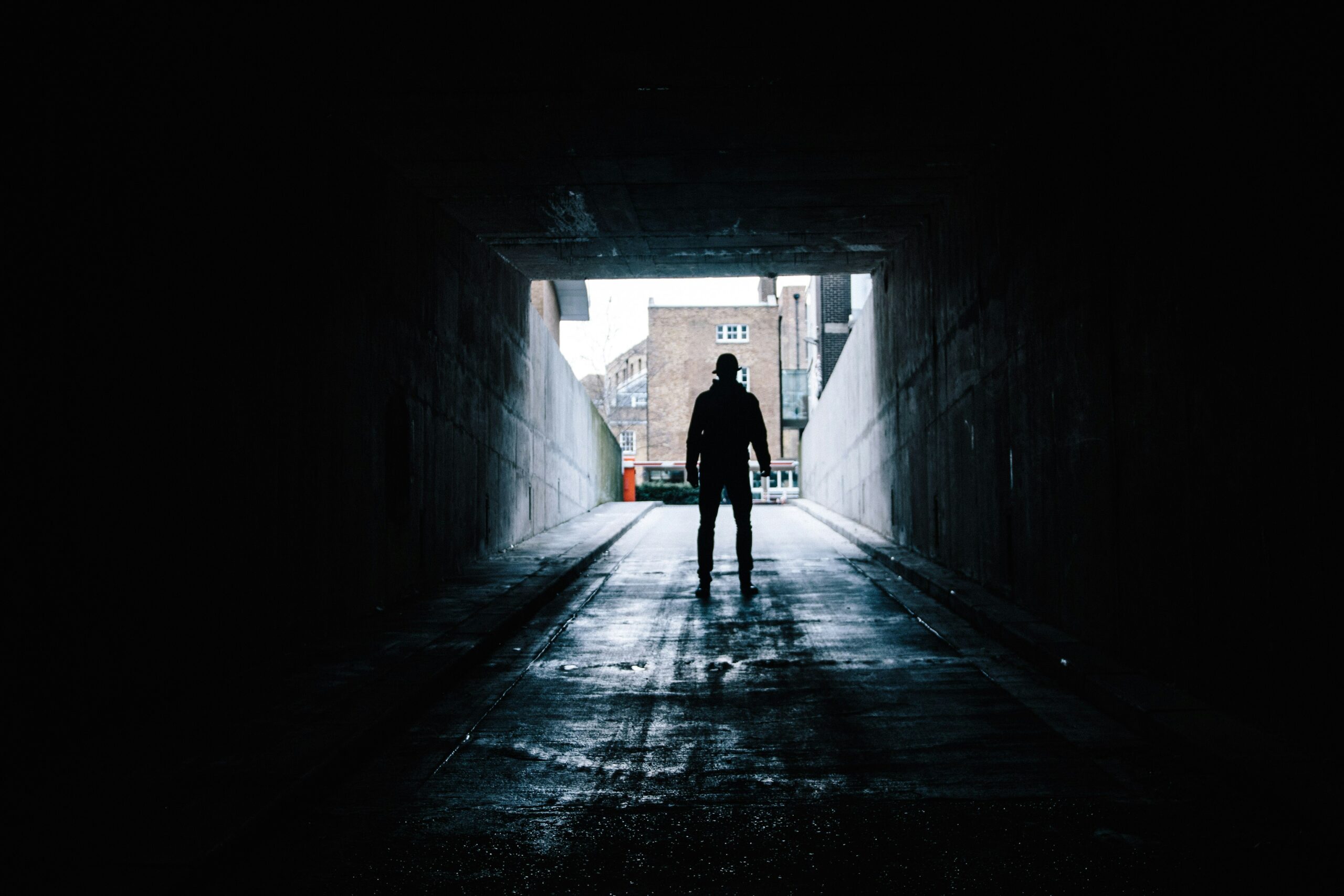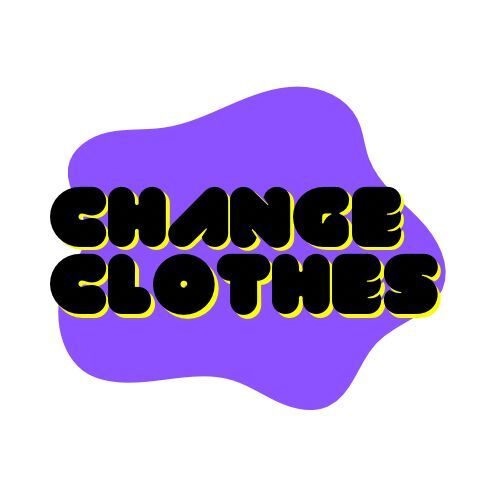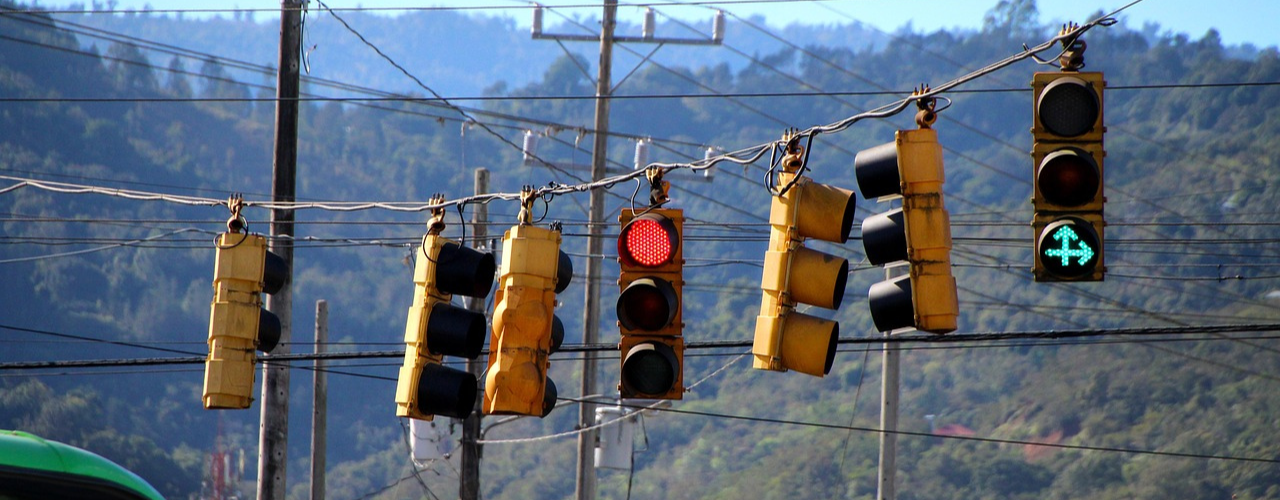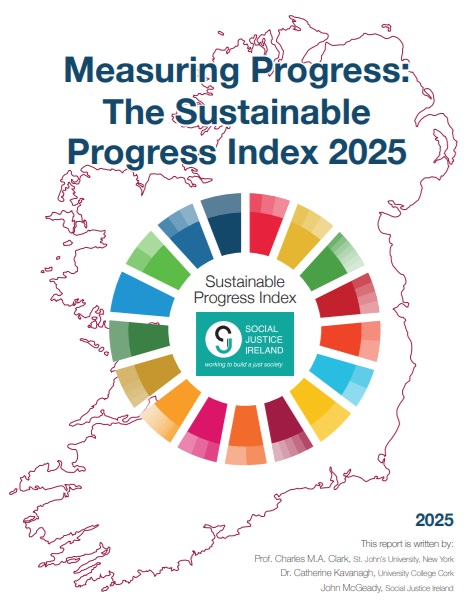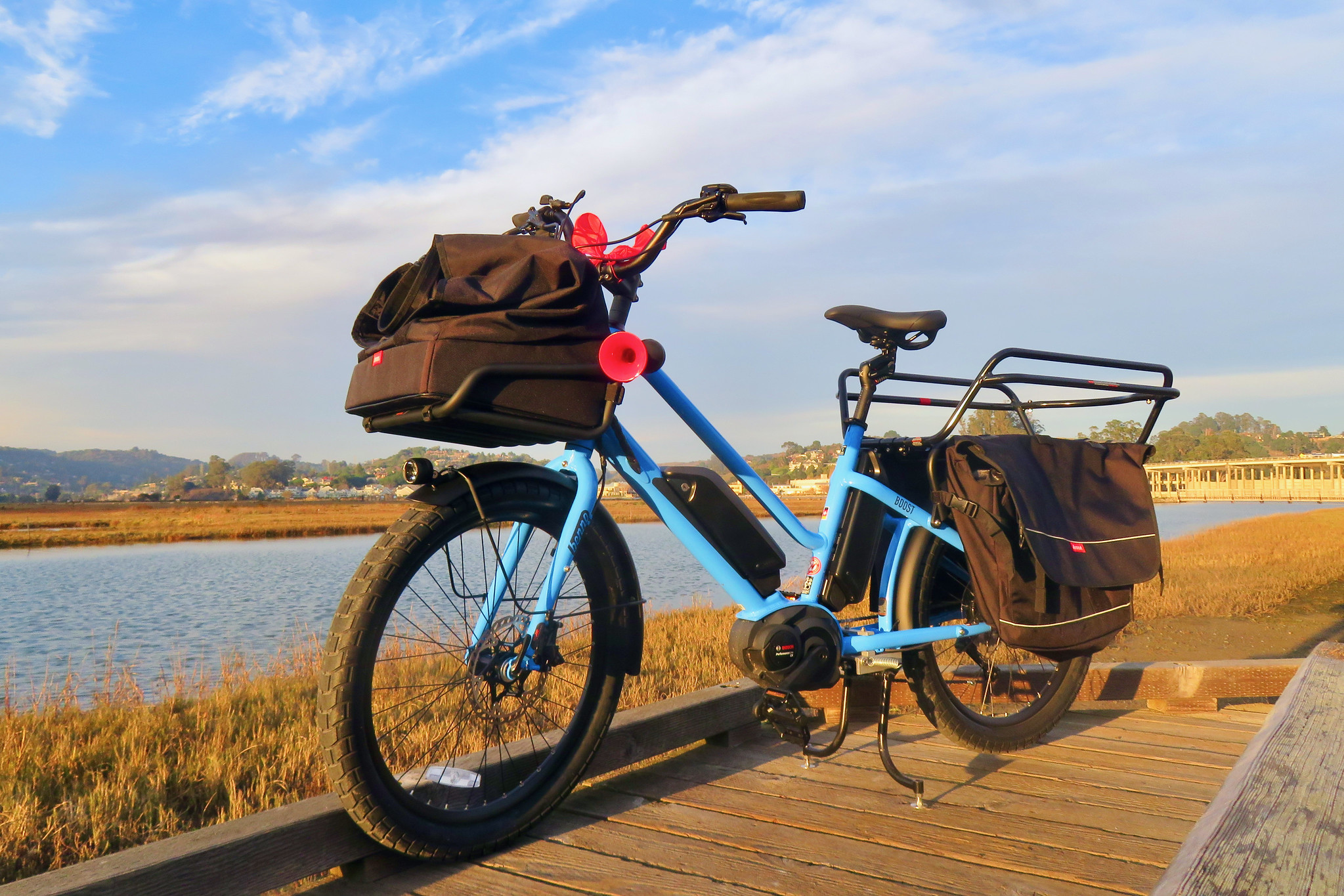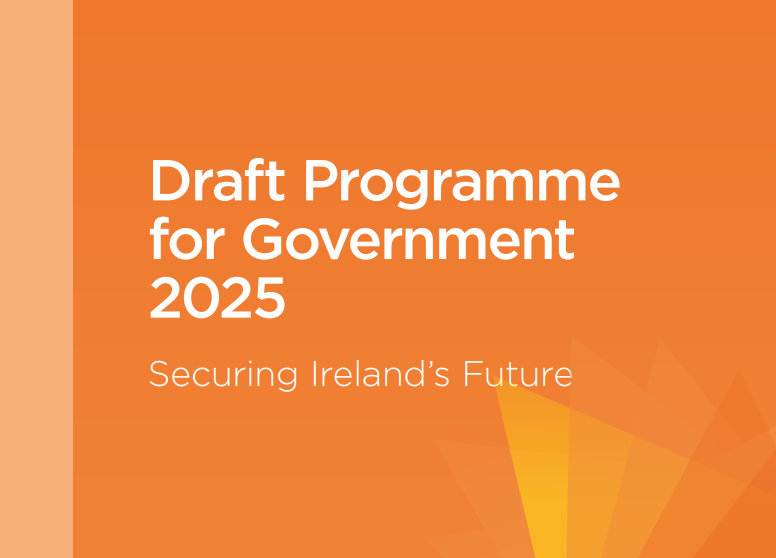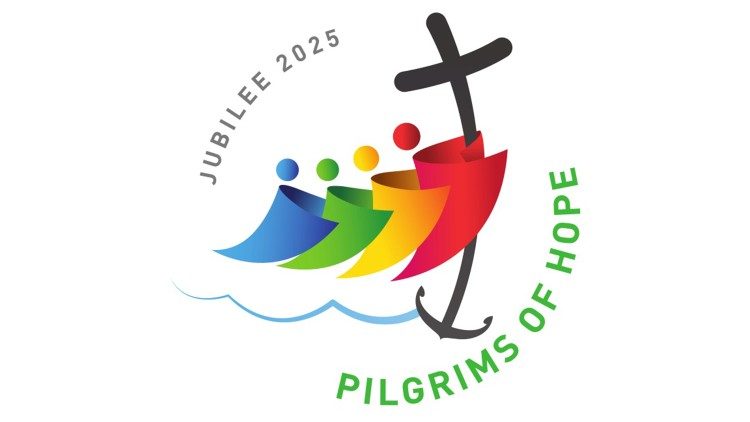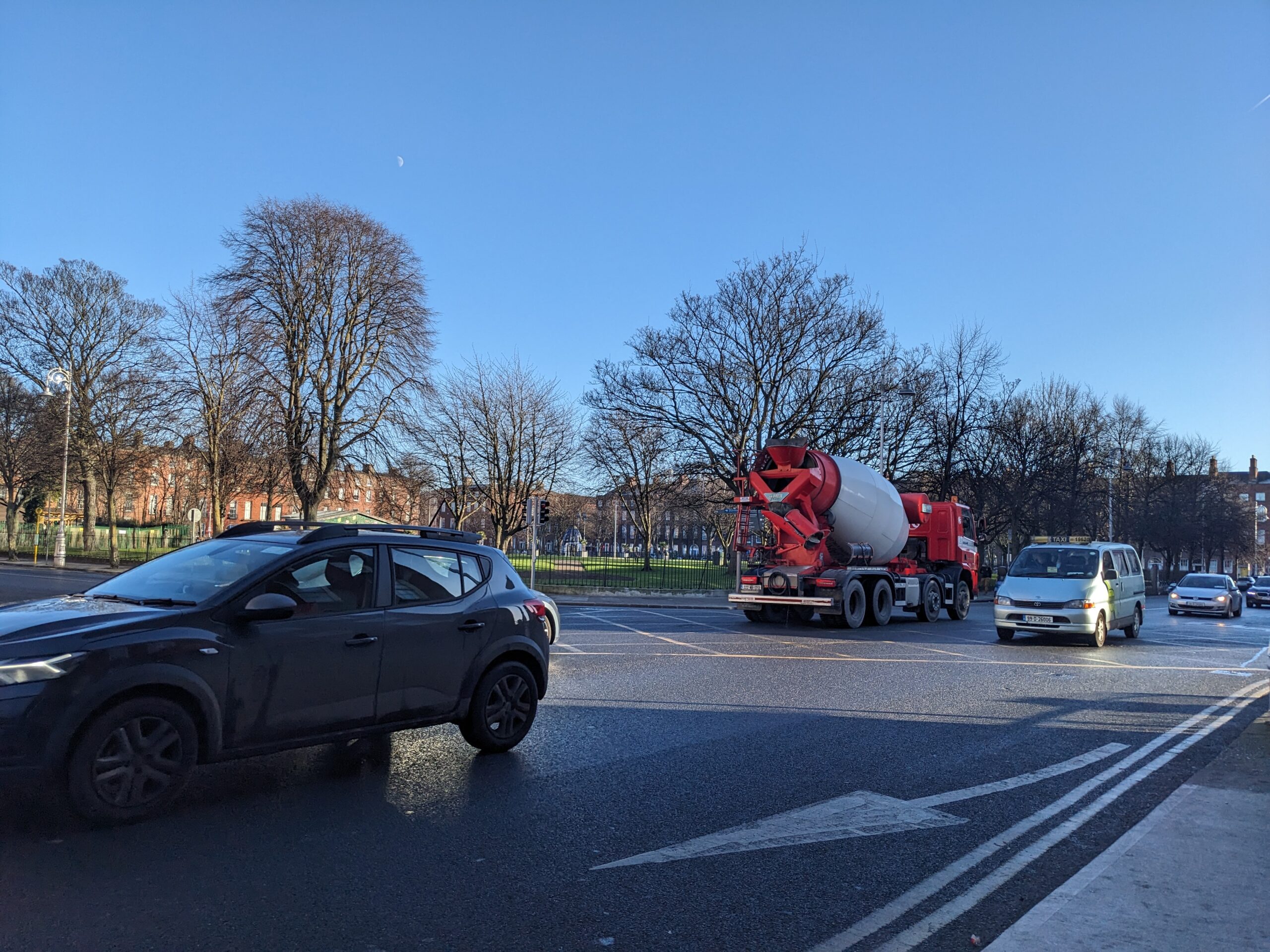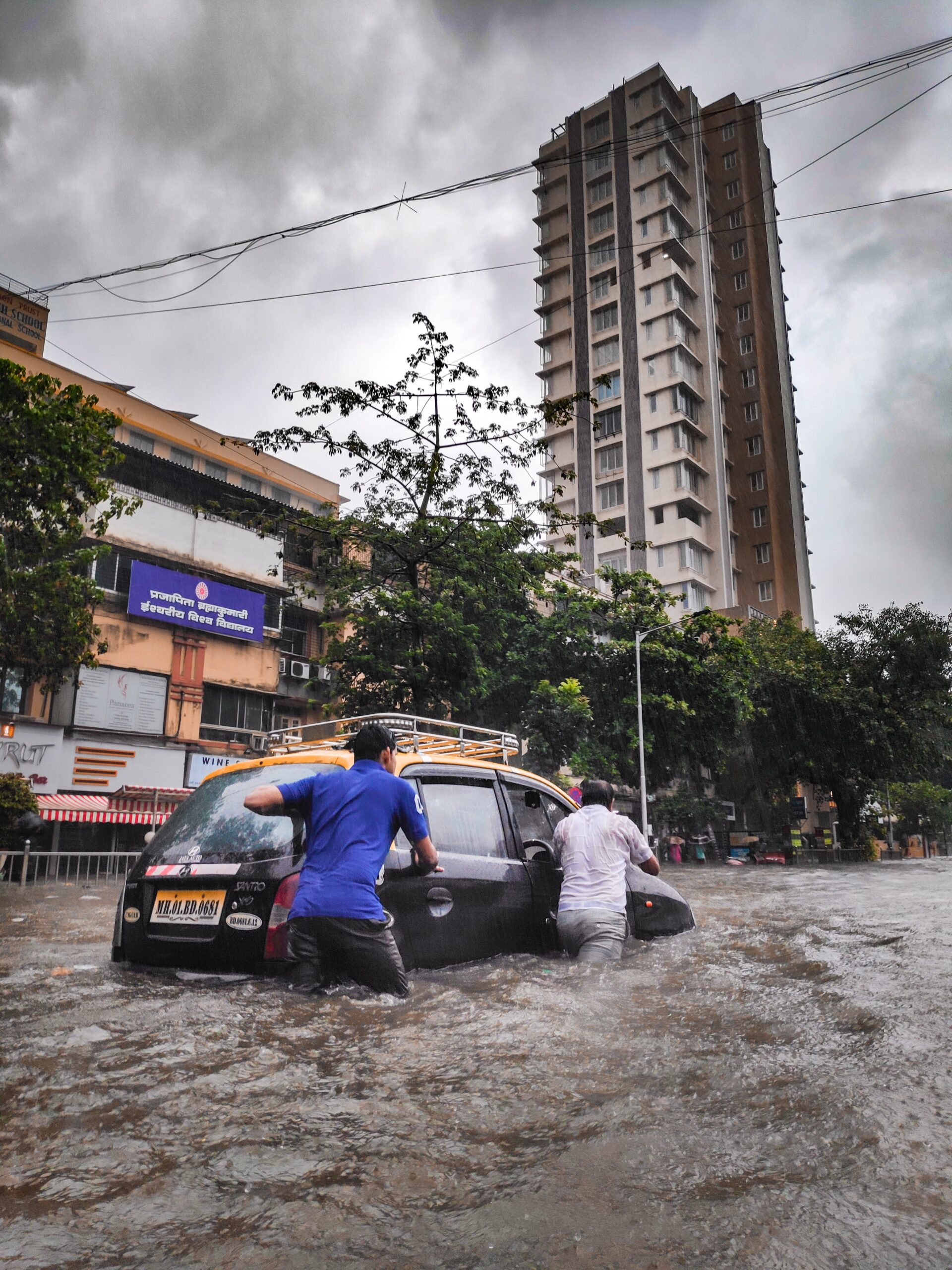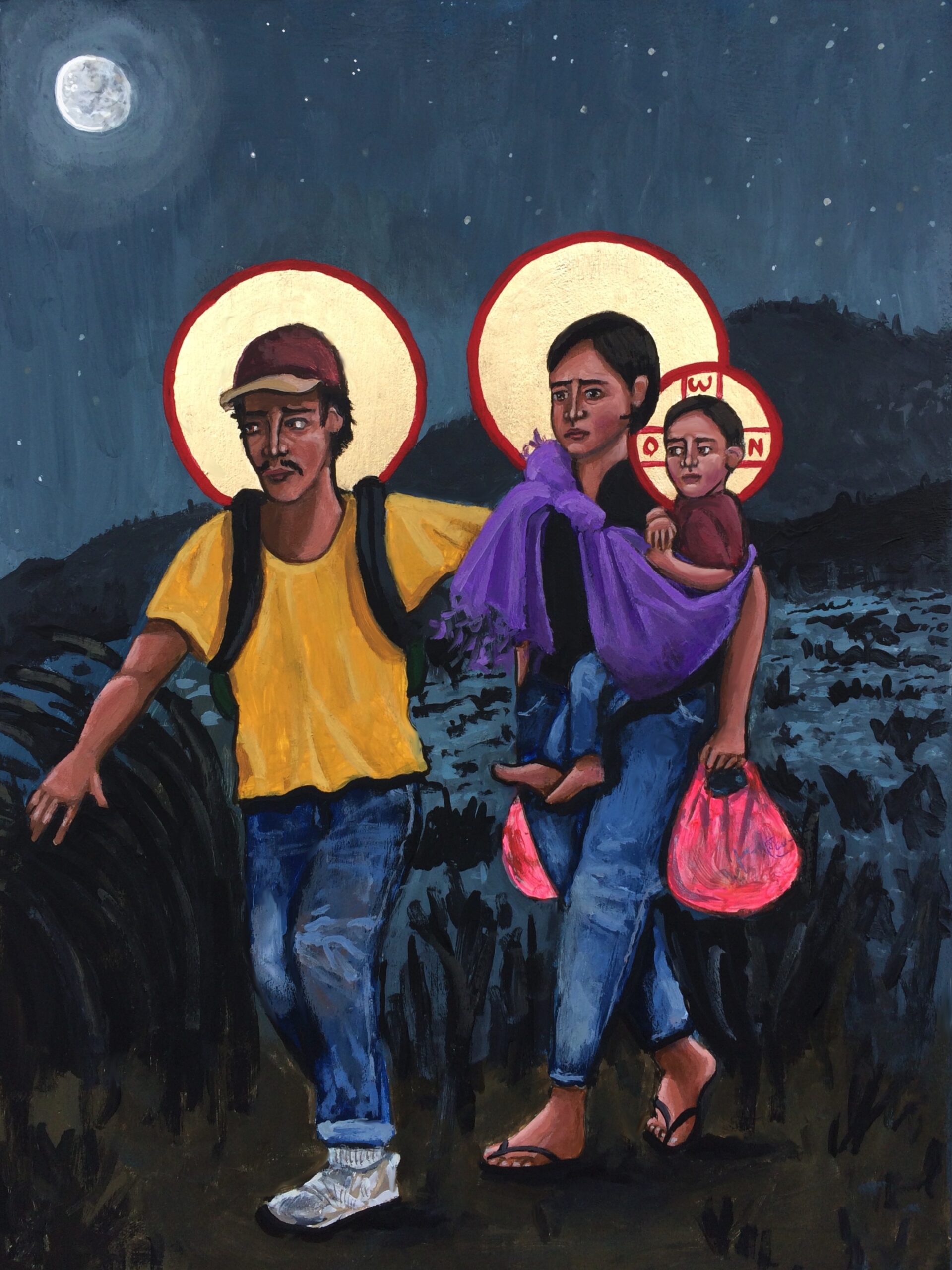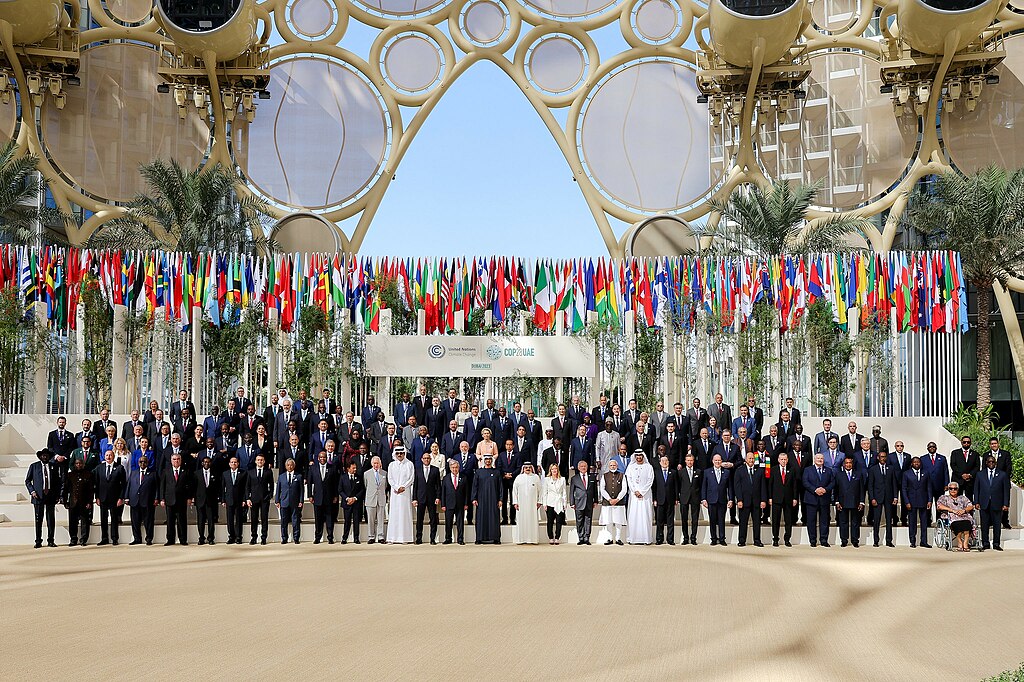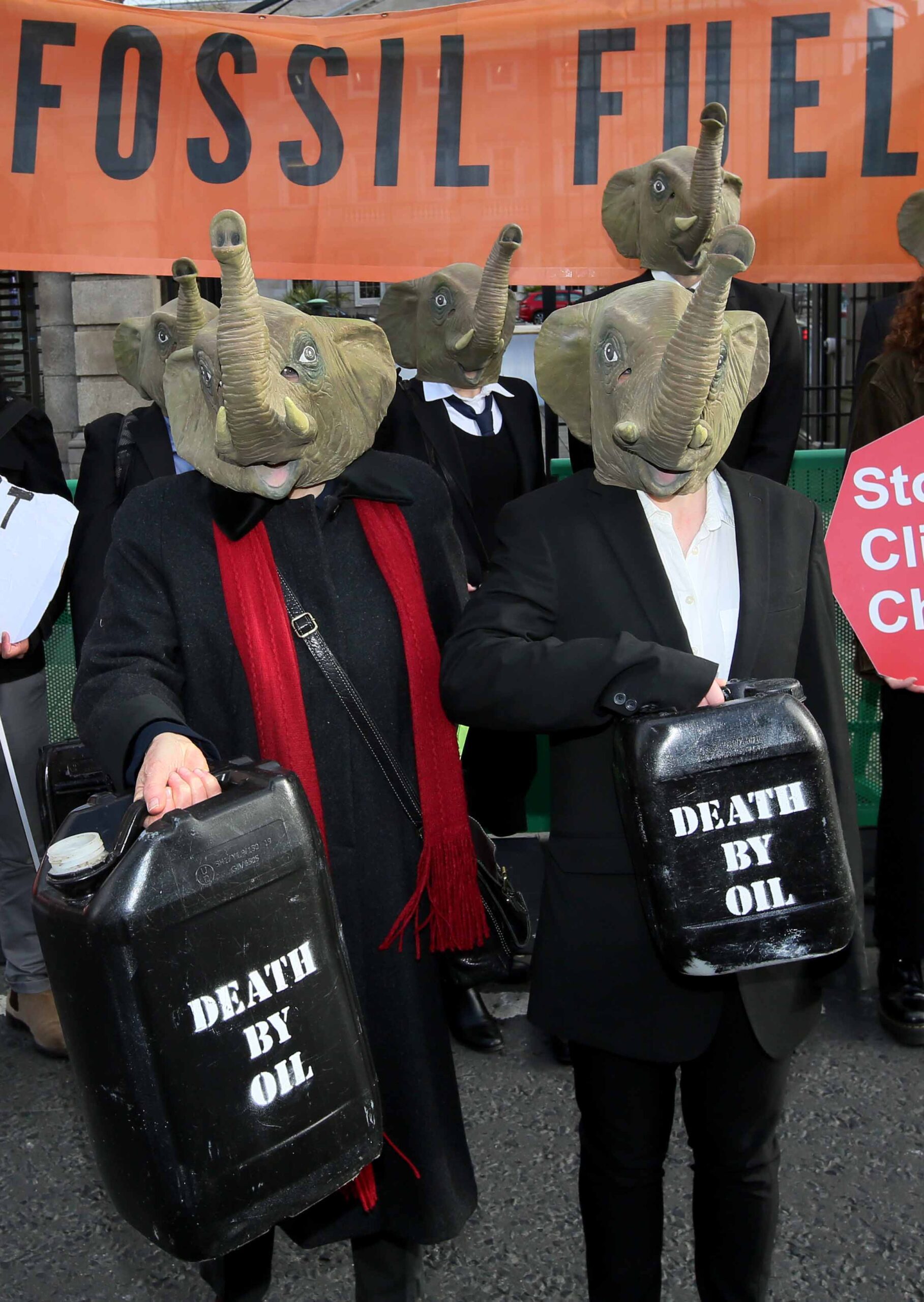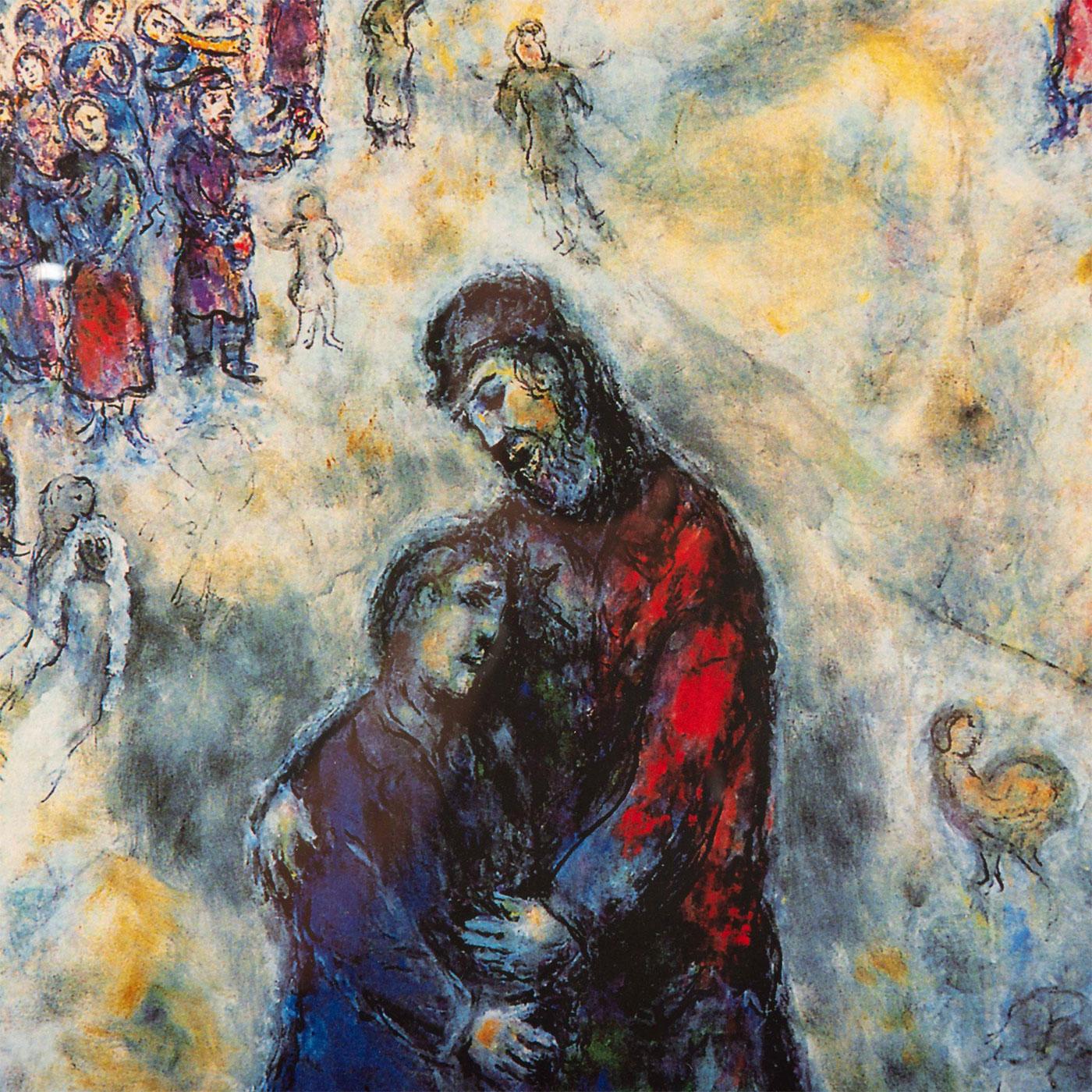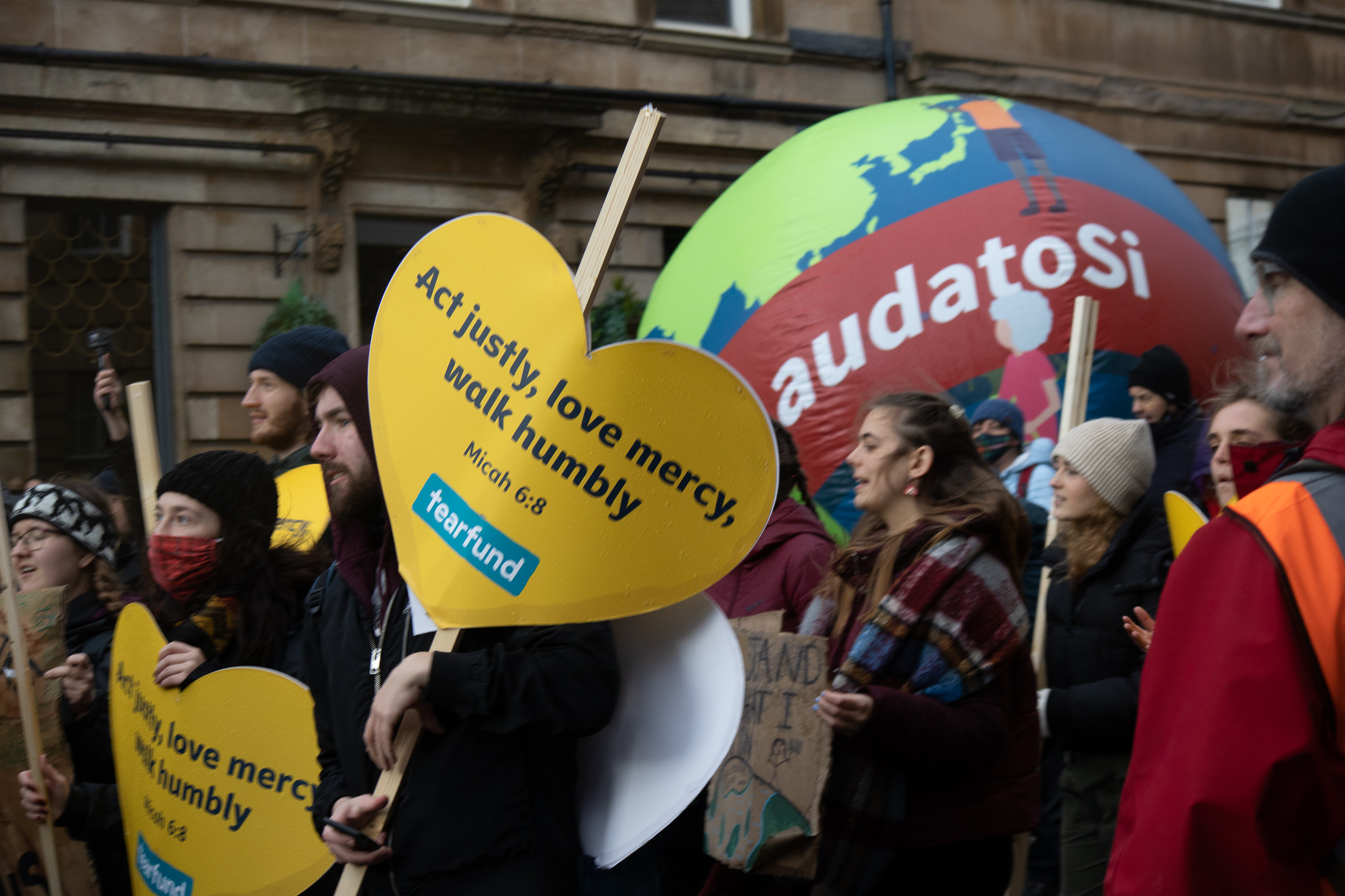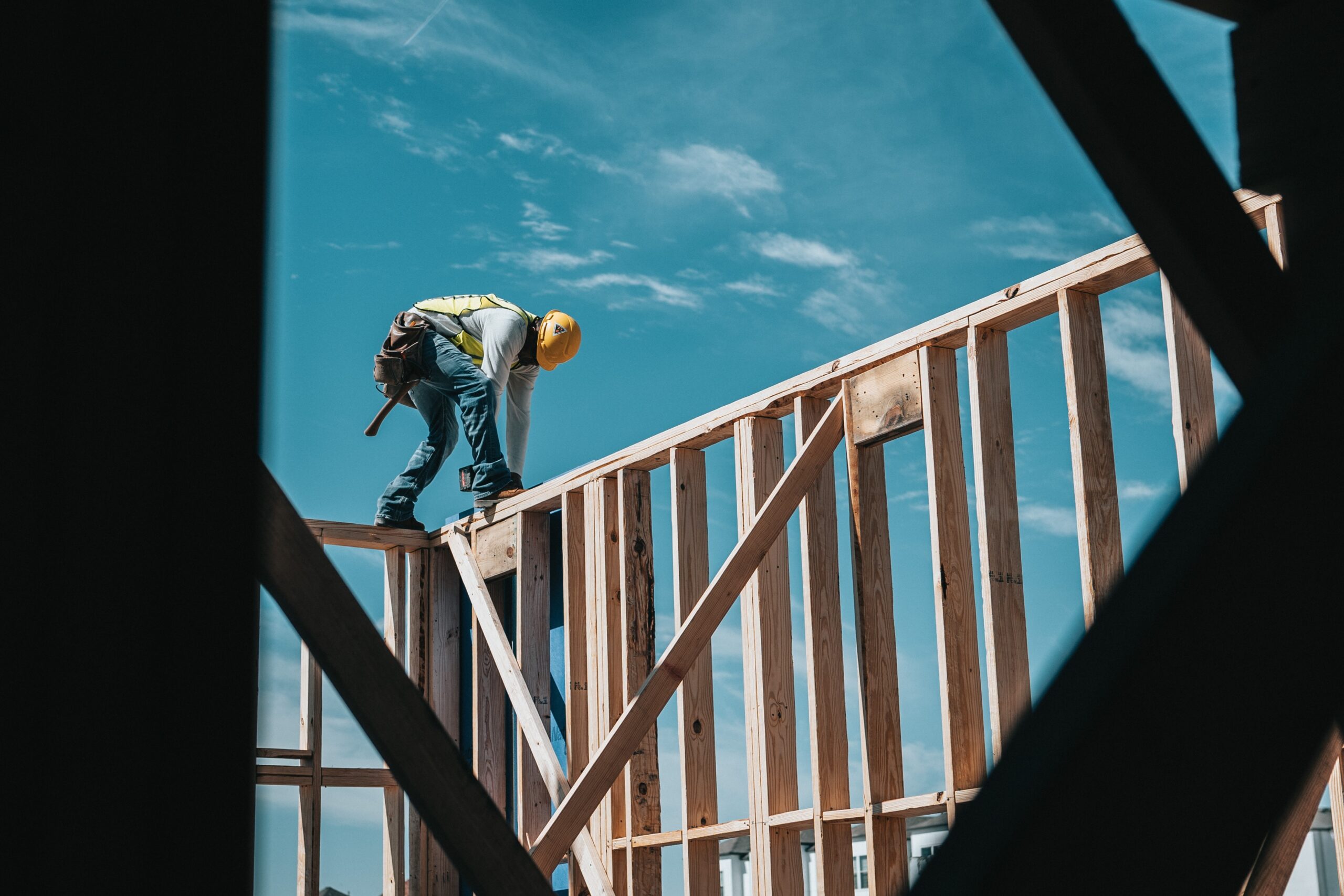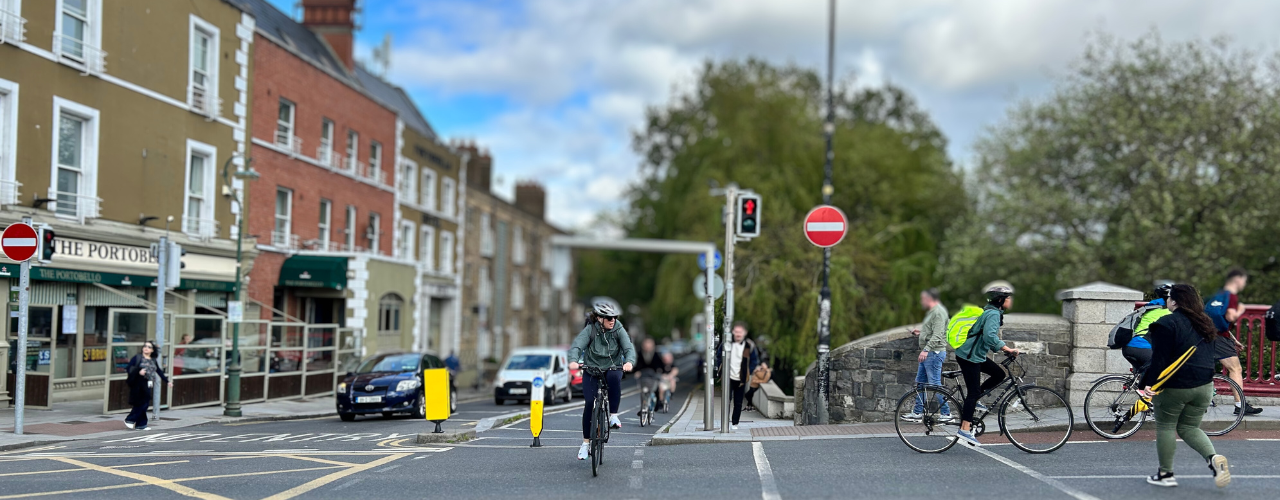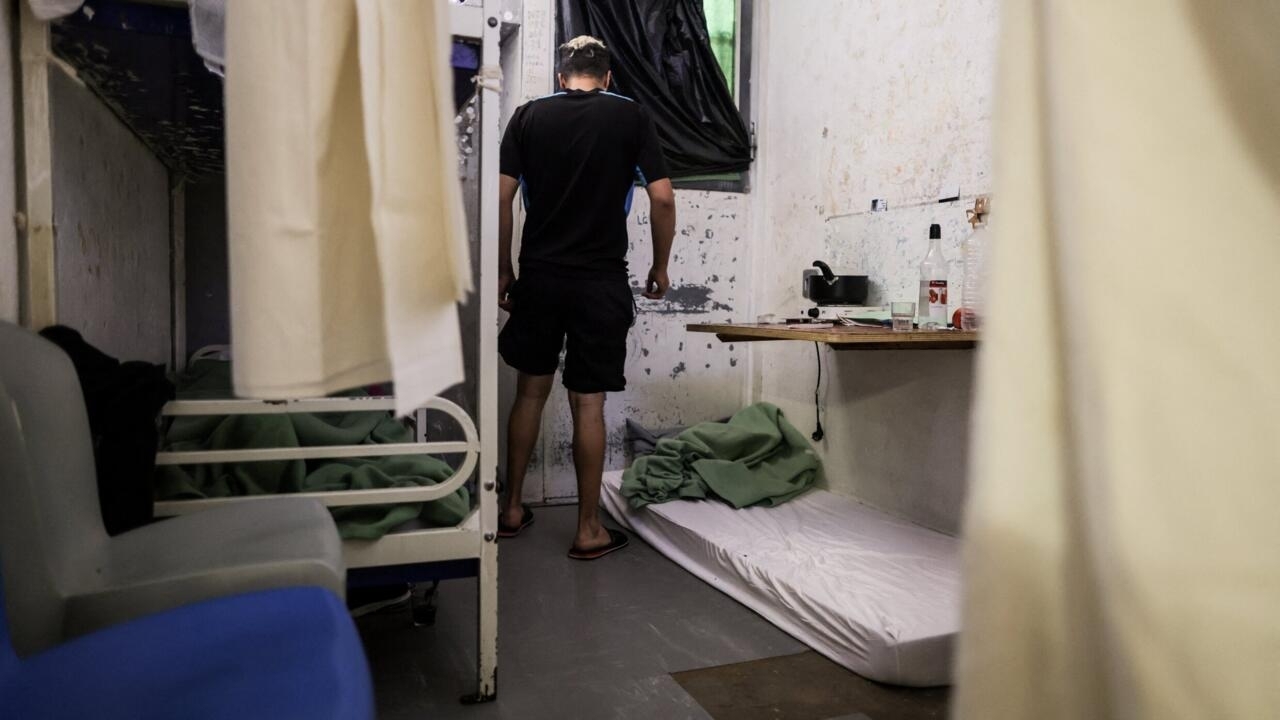
Prison Overcrowding: Between Two Visits of Committee for Prevention of Torture
Fast forward five years, what are the CPT likely to find in relation to overcrowding when they visit Ireland later in 2024? In April last year, there were almost 200 prisoners on mattresses on floors, five times what the CPT experts found in 2019. During the summer, the Inspector of Prisons wrote specifically to the Minister for Justice in relation to these “degrading conditions” as mattresses were adjacent to toilets. By any criteria of inspection, the experience of imprisonment by many will have greatly deteriorated in the interim period.


